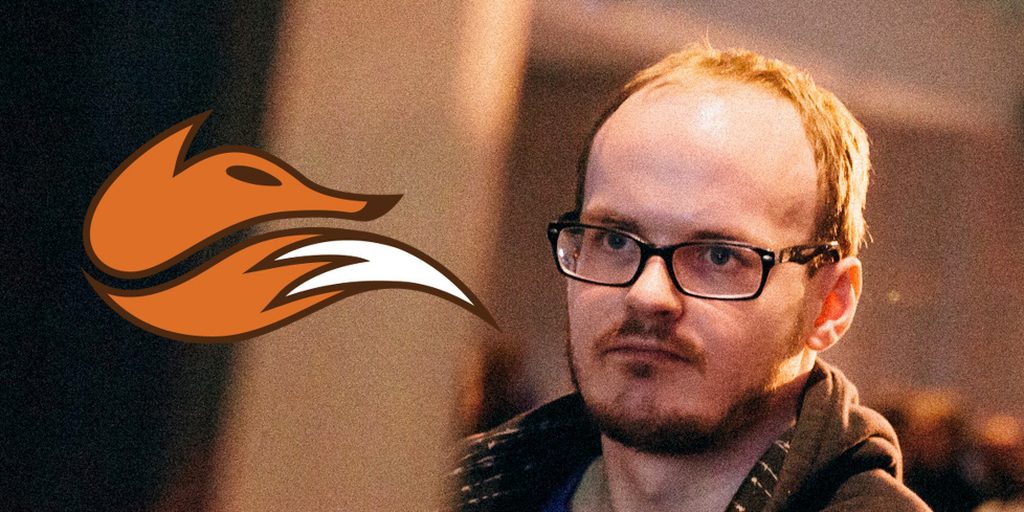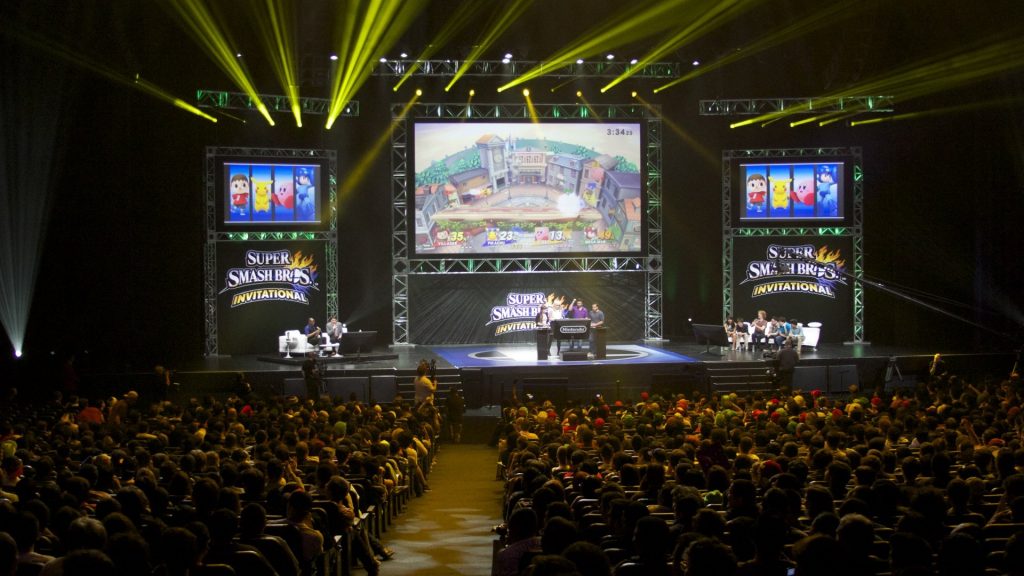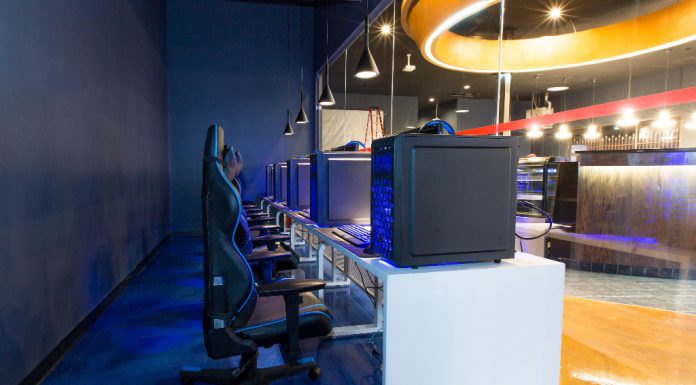Last week I explored why it is a good idea for every esports organization to have a pro Smash player. If you missed it and want to know why Smash is a great fighting game for orgs, you can read it here.
This week we’re going to take a look at the part of professional Smash most of us find infinitely more interesting: Why a player would sign in Smash.
Playing solo as a Smash player
This is the part most people outside of fighting games struggle to understand. Sure, for a game like League or CS:GO, signing to a team is the dream of any amateur. Realistically, in a team based game you need great teammates to have a career. That’s what makes fighting games a different breed.
A single player with the right skills can become the most successful player in history, with or without signing to a team. So the question still remains, why sign?
Esports, in general, is a very new industry. There is no such thing as a “standard” contract. These are several perks many pro Smash players enjoy by being officially partnered with an organization.

Travel coverage
As an individual player, not a team, you can think of signing to a team more of a sponsorship than a signing. The organization wants their name out in the world. They want their logo and their sponsors’ logos to be seen by as many people as possible.
Pro players’ jerseys make them walking billboards. For those logos to be seen, the player has to be at as many events and tournaments as possible. So guess who foots the bill for travel?
Sure, a player shouldn’t expect first-class seating, but if you ask me getting a free trip to play Smash is a pretty sweet deal.
Steady pay
As with most esports, the players earn a paycheck. Realistically, the pay is not very high compared to other games, but it’s better than nothing.
The decision basically becomes this: Would you rather earn a steady small income, or have a chance at a big income every time you compete in major tournaments? (most organizations let the Smash player keep their winnings anyways, so the choice is pretty obvious)
Also, many organizations in the U.S. offer free housing and meals to their players, perks which don’t factor into the bottom line, but definitely have monetary value. The value only goes up when you consider the areas most organizations house their players.

Fame and (some) fortune
You May Like
Smash will not last forever. As with any game or sport, the players’ pro careers are typically short. What can a player do after their time as a pro is over? Does “professional Smash player” on a resume get you very far? I would venture to guess not.
The connections and network a signed player builds is typically their life-blood in their post-playing career. Analysts, coaches, organization employees, most are ex pros. Why not try and lock down a little future job security? After all, they are playing video games for a living.
















